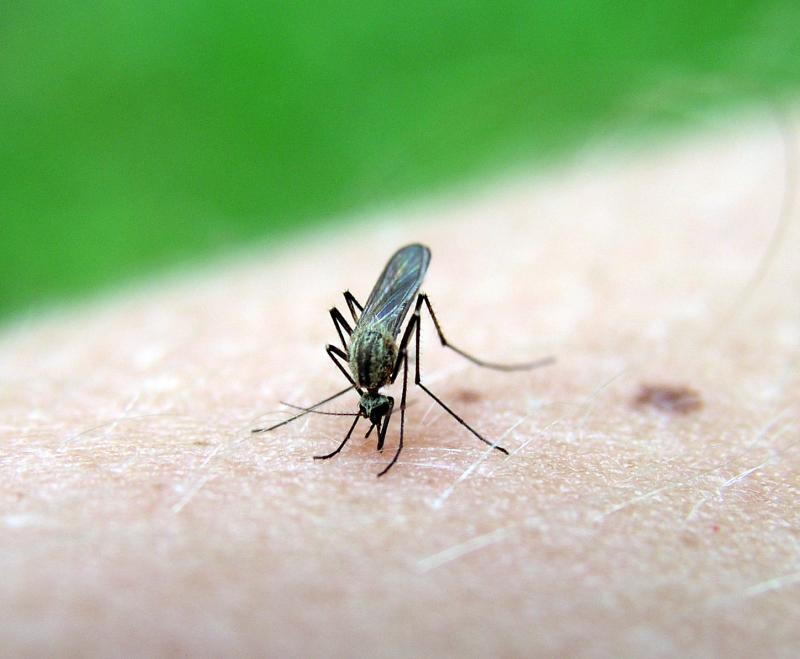Tri-town adapts as EEE threat continues
A Rochester man over the age of 60 was the first human case of Eastern Equine Encephalitis in Massachusetts since 2013. Since then, three more Massachusetts residents have contracted the virus, and tri-town communities have had to adapt to keep residents safe.
Laurie Sylvia, a Fairhaven woman, passed away due to the virus. Family members announced her death on Aug. 25 via Facebook. Other cases were found in Hampden and Worcestor counties.
Eastern Equine Encephalitis, or EEE, is a rare, but serious mosquito-borne disease that causes swelling of the brain.
According to the Massachusetts Department of Health and Human Services, Marion and Rochester are classified as “critical risk” communities for the EEE virus. Mattapoisett is listed one category below at “high risk.” In addition to wearing mosquito repellent, people in high risk communities should try to avoid overnight camping, and outdoor activities between dusk and dawn, peak mosquito hours.
In critical risk communities people should cancel or reschedule any outdoor activities or gatherings during this time.
Despite being at a slightly lower risk category, Mattapoisett Board of Health Senior Agent Dale Barrows said that the community is treating the EEE threat as if it were a critical risk, closing all town parks and beaches after 6 p.m.
Barrows added that risk categories don’t move backwards until the first frost kills mosquitoes that carry the virus.
“I wish we could have a frost tomorrow,” Barrows said.
The same measures are being taken in Marion according to Town Administrator James McGrail. “It’s an unfortunate thing that we’re dealing with. We just want our residents to be safe and follow precautions,” McGrail said.
In Rochester town properties will close a half hour after sunset said the town’s Board of Health Director, Karen Walega.
Walega said that it’s important to use mosquito repellent when outside, and to drain pools of standing water so mosquitoes cannot lay eggs.
The Department of Health and Human Services has also identified three horses and one goat with EEE this year.
As of Tuesday, Aug. 27, 340 mosquito samples in Massachusetts have tested positive for the virus. Of them, 15 were in Marion, 14 in Rochester, and 3 in Mattapoisett.
The Department of Agricultural resources performed a first round of aerial spraying from Aug. 8 to 11. It announced a second round on Aug. 20. and started spraying again the next day. Aerial spraying continued through Sunday, Aug. 25.
Trucks from the Plymouth Couty Mosquito Control Project have also continued spraying efforts in all three towns.Residents can also request spraying on their streets by trucks from the Plymouth County Mosquito Control Project from Monday to Friday from 7:30 a.m. to 2:30 p.m. by phone, fax, mail, or by visiting the office at 272 South Meadow Road., Plymouth, MA 02360.













